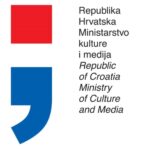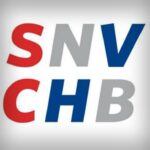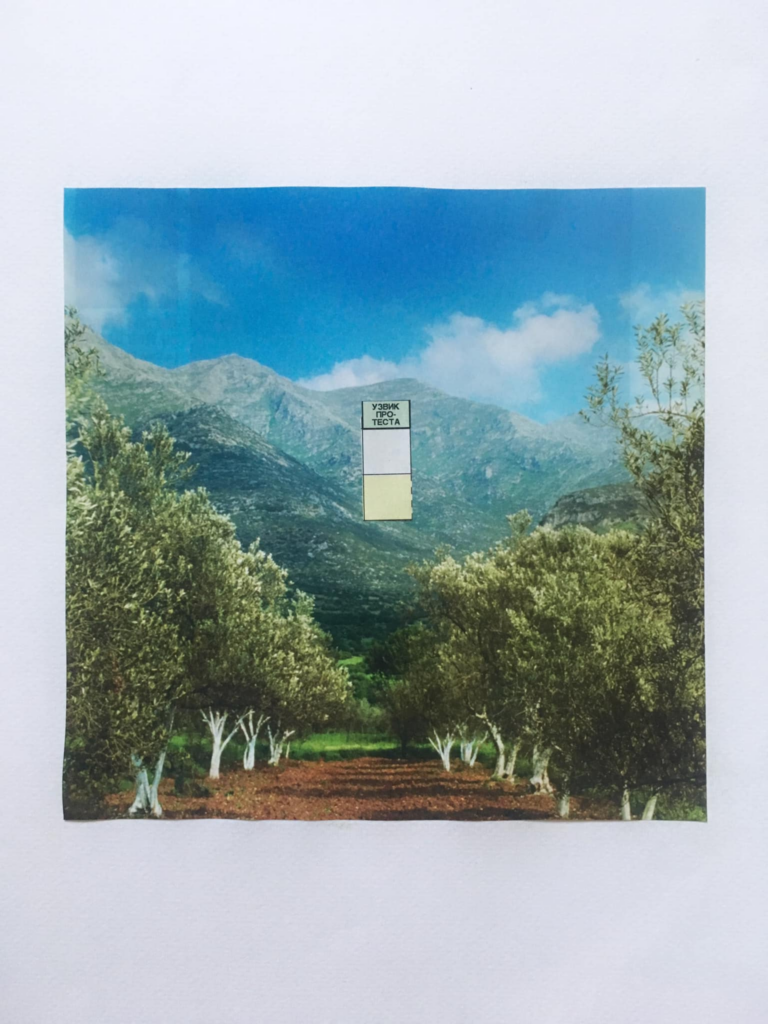Workshop "ON ACCEPTING THE UNDESIRABLE" 06. - 09. 10. 2022.
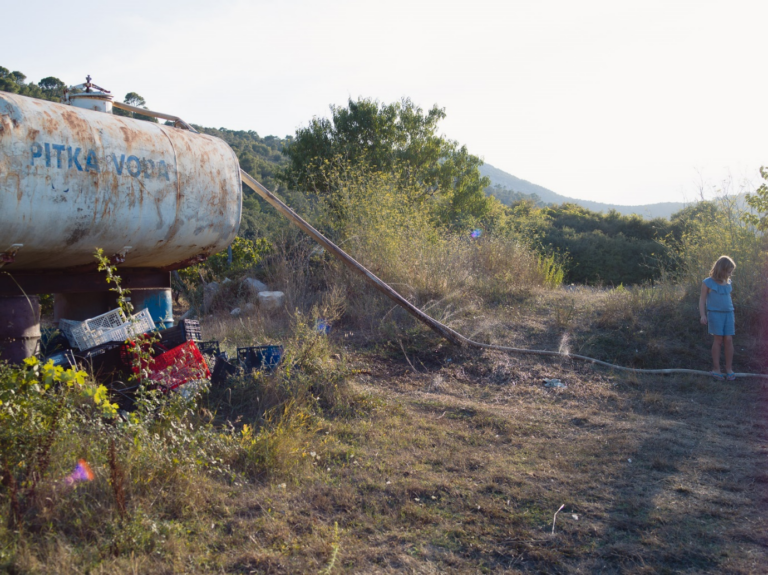
Opening of the exhibition On Accepting The Undesirable
08.10. 2022. at 7 p.m .
participating Vlasta Žanić, Marko Marković, Boris Burić, Kata Mijatović, Zoran Pavelić, Marko Ercegović and Andrea Taraš
curator Davorka Perić
Location: OPG Pueblo Escondido – village Lončari 1, Karin Gornji and Obrovac
Within the ecological-activist project “It is not too late” through the tools of culture and artistic activities, we strive to make these spaces active participants in the cultural scene and at the same time point out the values and problems of this climate. The basic idea is to point out people’s problems, their values and potential, and to involve all citizens in common events and actions. The gathering places of artists participating in the workshop “On Accepting the Undesirable” are Obrovac, Karin Gornji and the village of Lončari on Velebit. As a continuation of last year’s art workshop in Islam Greece and Islam Latin, this year’s workshop “On Acceptance the Undesirable” brings together artists around the common interest of abolishing differences and creating a healthy society through artistic and cultural work, socializing and bonding.
The workshop introduces artists to the specifics of the location, points out economic, social and ecological problems in the local context. The ecological theme of the destruction and rejection of seaweed, which plays an important role in creating oxygen, points to problems of rejection in society and advocates a more aware, healthier society, based on familiarity and education as a prerequisite for inclusiveness.
The project brings together the nationally diverse population from this area, artists, students, ecologists, mountaineers, associations and organizations around the important ecological and social topic of waste disposal in the Bijela river canyon in a joint action to collect glass, which will be used to make a public sculpture as a reminder of ecological awareness and space.
Invited artists will create works resulting from the artist’s interaction with the local environment, which will be presented at the final exhibition on 08. 10. 2022. in Lončari, and later at the “Tabula rasa” exhibition in Zagreb.
Visual artist Vlasta Žanić will translate the specific energy of the landscape, climate and people into an artistic work that will take its final form in the local environment in interaction with the landscape and people in the environment.
Boris Burić’s series of collages “Nature and Society” (“Priroda i društvo”) are comments on the topic of society and man’s relationship with nature, the author uses minimal means to achieve various associations, symbols and gestures that develop in the mind of the observer like solving a puzzle.
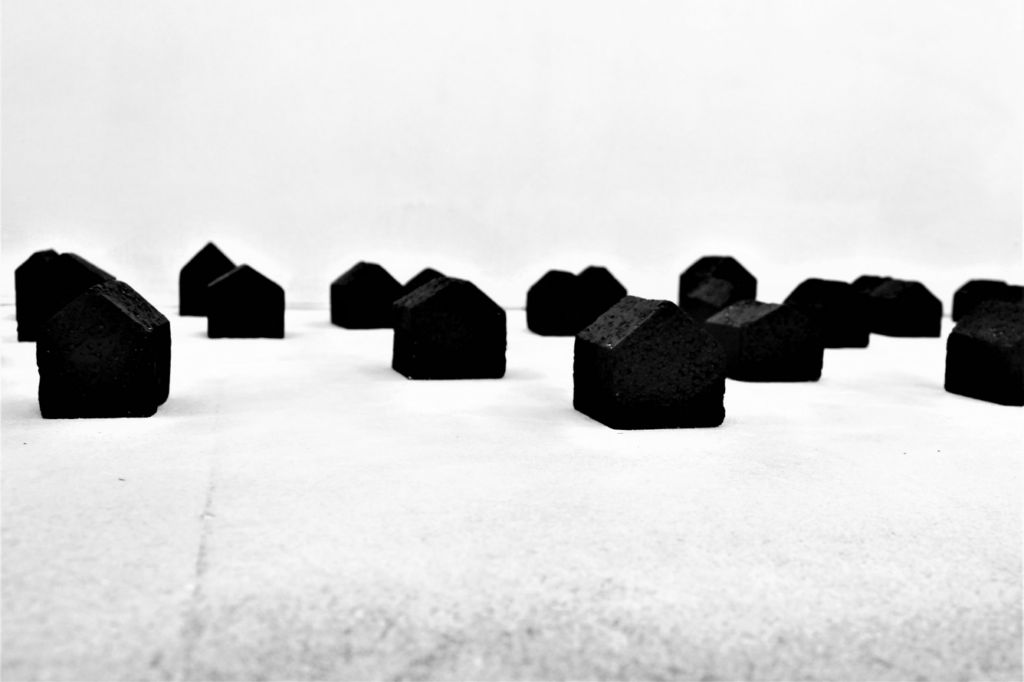
Visual artist Kata Mijatović focuses on the interaction and juxtaposition of two opposing psychic spaces; conscious and unconscious. In the context of these relationships, work with dreams is the basic constructive and motivating content-the starting point of her artistic research. “The Black House” (“Crna kuća”) is the materialization of a capsule of the unconscious, a material staging of a non-object in which a large amount of the unconscious is trapped as the material from which the house is woven. Three black houses of different dimensions are left on day two at various locations in Karin Gornji, Obrovac and Lončari, in an abandoned concrete building resembling a waiting room, by the side of an unfinished road, in a ruined building with the sign cafe bar Oluja, on a stone plateau in a rugged rockery.
With their form, they refer to a house/home/shelter, however, they are without doors and windows, they bring the sign of a foreign and undesirable object and their blackness sets them apart from everything that surrounds them. In a landscape where demolished houses are part of the vision, black houses are signifiers and the signified, they convey the idea that in a basic sense the house/home we live in all the time is actually the life that was given to us, in which we exist. They are compressed ‘being’, the transcendence of being in which we realize our existence, the ‘houses’ we moved into at birth and leave at death, they are capsules for dreams.
Zoran Pavelić exhibits work, a spatial installation, a flag with the inscription “The idea of freedom” (“Ideja slobode”). The title of the work is the work itself. Andrea Taraš, a young artist and master of fine arts from Karina, deals with social and environmental issues, and the material for her artistic interventions and video installations is often industrial waste.
Marko Ercegović’s artistic, photographic, social research, thematically focused on young people in Croatia, seeks to explore the relationship and position of young people in society. In the photo series called “About one youth” (“O jednoj mladosti”) the question is raised, what about young people, what do they want, are young people aware of the difference? “Islands of Utopia” (“Otoci utopije”) by Marko Marković are the result of research work on self-organized societies with a focus on autonomous models of self-management of local and international communities, communes, activist movements and artistic organizations that will be presented at the Karina workshop.
Organization:
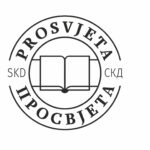
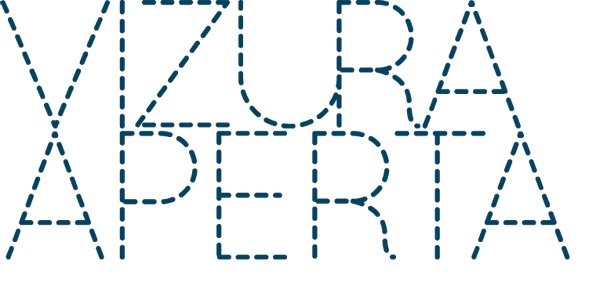
Co-financed by means of:
